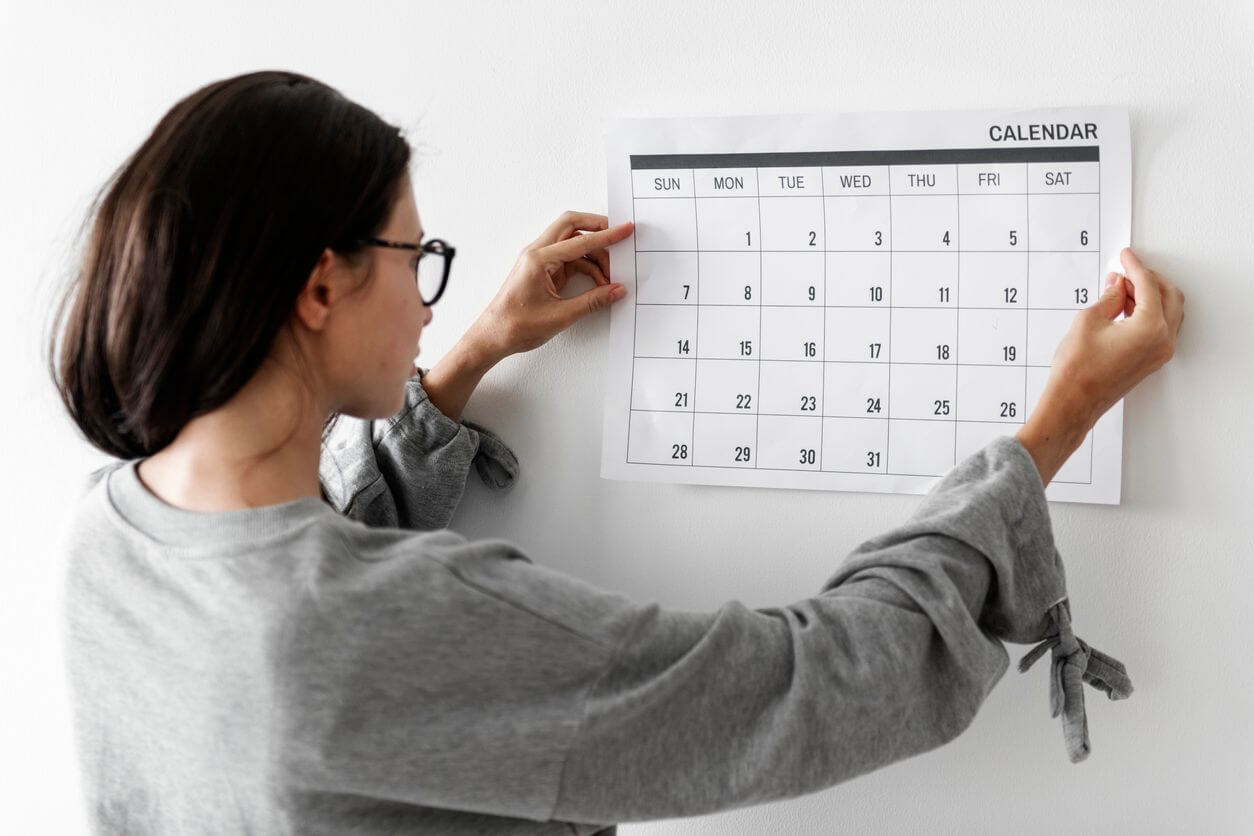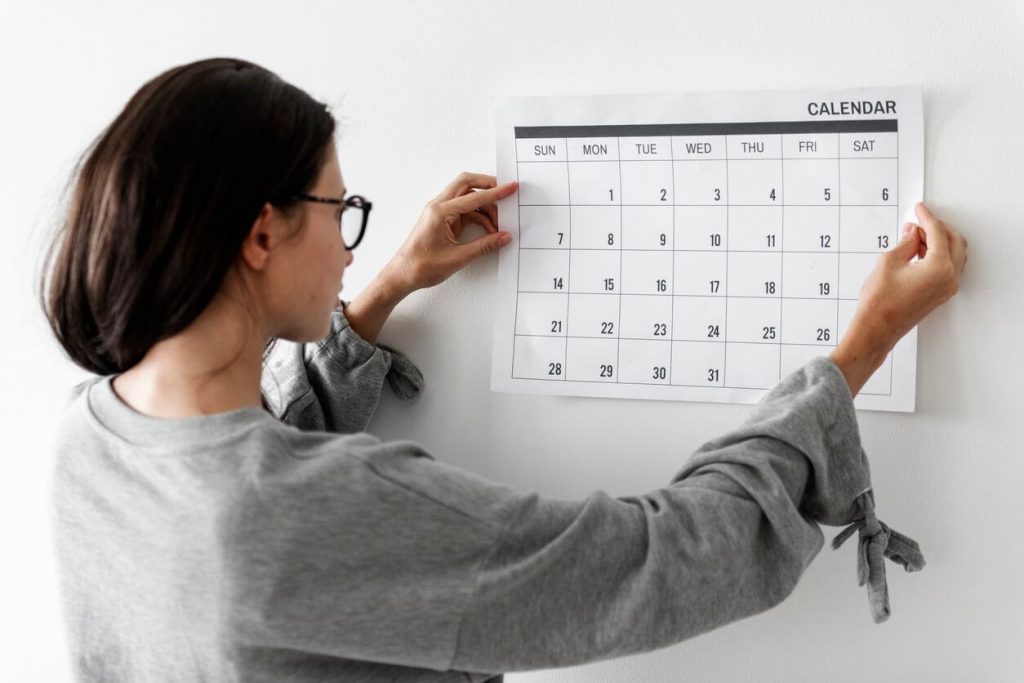7 ways to build good habits and keep them
Modifying our routines and implementing others is not easy. And the worst thing is that we often acquire harmful habits, which not only do not benefit us at all, but get us more and more from what we really want to achieve. The good news is that there is a way to reverse this problem and route you on the right path.

Surely it has happened to you more than once: you are very determined to change habits, you start very well, but little by little you discourage you and in the end you do not get it.
Modifying our routines and implementing others is not easy. And the worst thing is that we often acquire harmful habits, which not only do not benefit us at all, but get us more and more from what we really want to achieve.
The good news is that there is a way to reverse this problem and route you on the right path. As the saying goes: "A goal without a plan, it's just a dream", so what you need is to organize yourself in the right way so that you can change habits.
In this article we tell you how you can achieve it.
Choose a goal
The main thing is to be clear about what you want to achieve and why. Take pen and paper and write everything: exercise regularly, eat healthier, meditate, get up earlier, spend more time with family, etc. Then choose one and focus on him. We often want to make many great changes at a time, which is the ideal formula to fail. It is much simpler to go by parts, and once you have successfully achieved implementing a habit, move on to the next.

Divide your goal into small goals
Do not fall into the mistake of wanting to start big, because it will be more complicated. If for example, you plan to exercise every day throughout the year, the first week you fail you will feel very unmotivated. It is better to raise weekly and realistic goals, which will renew your enthusiasm frequently, every one of your goal one more week.
With each small achievement you have, the motivation increases and your chances of succeeding long-term increases enormously.

Take a graphic follow-up
It is very easy to lose the notion of days and daily activities. The only way to be very clear what you do and what is not, is keeping a follow-up. Preferably, visual. In a calendar, paper or computer or telephone, it takes a control of the days when you fulfill that new habit. That will help you give you a clap on your back when you have done well, and to correct the course when you are failing. If you do not have a control, you will not know when you started leaving, and you will give up.

Use reminders and activators
When we try to implement a new habit, it is very common to forget to practice it, precisely because of the habit of habit. So the most convenient are the reminders that serve as activators. It can be from putting a reminder on your phone, until you leave the bed next to the bed ready for the next morning, or always have a book on the night table, to remember that you plan to adopt the habit of reading before sleeping .

Establish incentives
Human beings usually debate ourselves between immediate gratification and long-term benefit. For example, although you know that it is advisable to exercise in the morning to achieve your goal to lose weight, it is more attractive to stay in bed and sleep a little longer.
Therefore, an excellent trick to strengthen motivation is to give us extra incentives. If you can fulfill your goal of exercising during the month, you can reward you by giving you that sports watch you have in my sights.

Adopt rituals
A ritual is a series of steps that always do in the same way, and enjoy doing. If you manage to implement your new habit within a ritual, you increase your chances of success. For example, to read every day, you could do it preparing your favorite drink, sitting on your most comfortable sofa and with music that you like background.

Accept that you go to fails sometimes
An essential part to keep your new long-term habit is to be aware that sometimes you will fail. It is impossible to carry a routine with military precision, without life itself crossed along the way. If you are prepared for those unforeseen, it will be easier for you to resume your good habit without feeling that you have failed.


